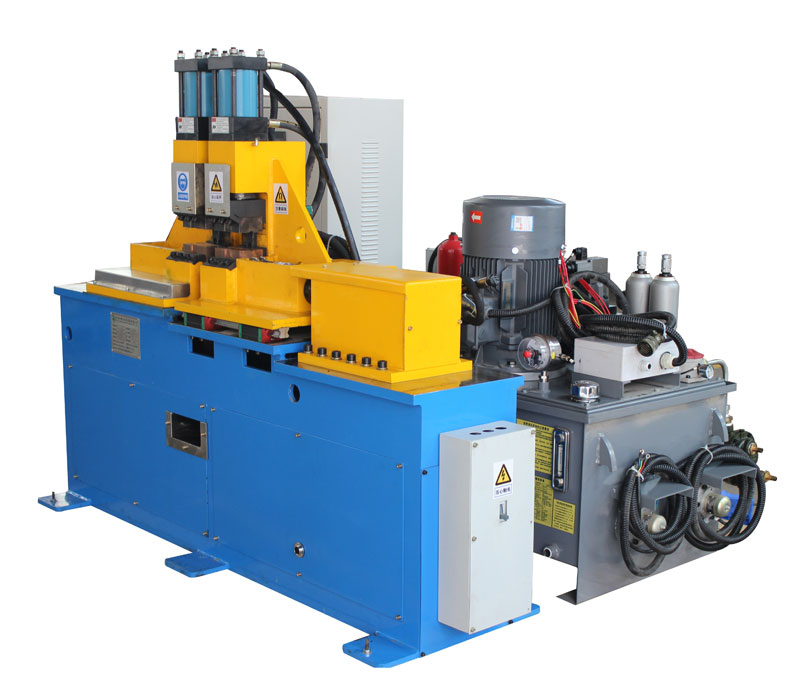Preparations Before Butt Welding: A Comprehensive Guide?
Before commencing the butt welding process, careful preparations are essential to ensure successful and efficient welding operations. Understanding the necessary preparations is crucial for welders and professionals in the welding industry to achieve precise and high-quality welds. This article provides a comprehensive guide on the preparations required before butt welding, highlighting their significance in achieving optimal welding outcomes.
Preparations Before Butt Welding:
- Material Selection: The first step in butt welding preparations is selecting the appropriate materials for the welding job. Ensuring that the base metals are compatible and have similar chemical compositions is vital for achieving strong fusion and reliable welds.
- Material Cleaning: Thoroughly clean the surfaces of the base metals to remove any dirt, rust, paint, or contaminants. Proper cleaning ensures good fusion and minimizes the risk of defects in the weld.
- Material Beveling: For thicker materials, beveling the edges of the workpieces is essential to facilitate proper fusion and penetration during welding. Beveling creates a groove that allows the welding electrode to reach the root of the joint more effectively.
- Fit-up and Alignment: Ensure accurate fit-up and alignment of the workpieces before welding. Proper fit-up ensures that the welding electrode makes consistent contact across the joint, leading to a strong and reliable fusion.
- Clamping: Use an adjustable clamping mechanism to securely hold the workpieces in place during welding. Proper clamping ensures stable joint positioning and prevents any misalignment during the welding process.
- Welding Parameter Setup: Set the welding parameters, including welding current, voltage, and electrode withdrawal speed, based on the material type, thickness, and joint design. Proper parameter setup is crucial for achieving uniform heat distribution and consistent weld bead formation.
- Safety Measures: Before starting the welding process, ensure that all necessary safety measures are in place. This includes wearing appropriate personal protective equipment (PPE), such as welding helmets, gloves, and welding aprons, to protect against arc flash and welding splatter.
- Equipment Check: Thoroughly inspect the butt welding machine and welding equipment to ensure they are in proper working condition. Verify that the welding electrode is correctly positioned and aligned for optimal weld bead formation.
In conclusion, thorough preparations are vital before commencing the butt welding process. Material selection, cleaning, and beveling, fit-up and alignment, clamping, welding parameter setup, safety measures, and equipment checks collectively contribute to successful and efficient welding operations. Understanding the importance of these preparations empowers welders and professionals to achieve precise and high-quality welds, meeting industry standards and customer requirements. Emphasizing the significance of proper preparations supports advancements in welding technology, promoting excellence in metal joining across diverse industrial applications.
